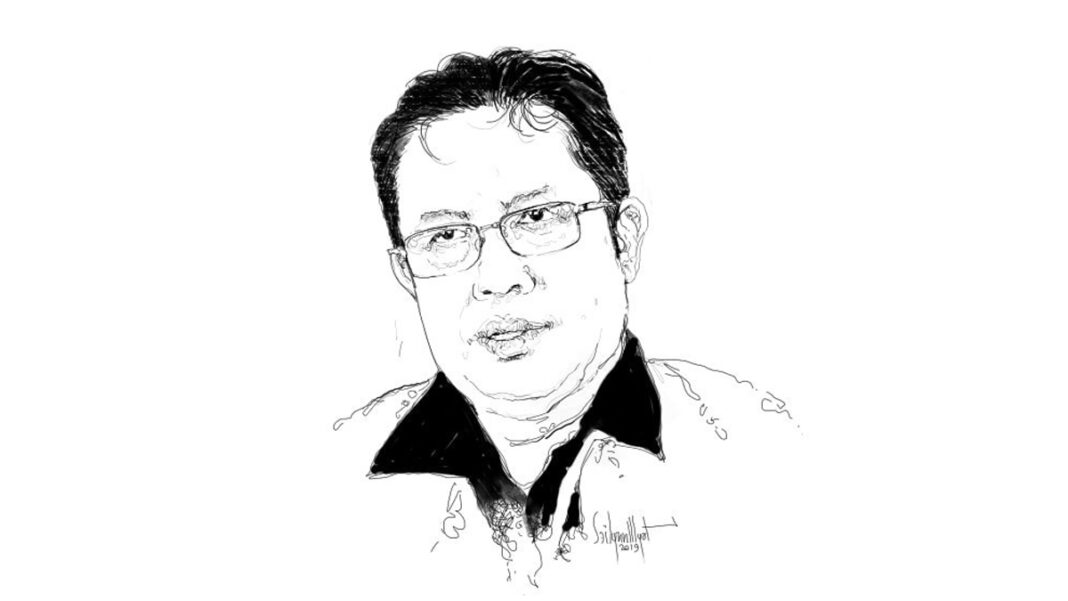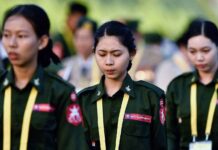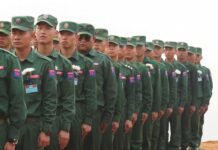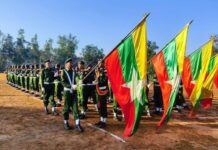Is Shan going off the track? According to Sao Sur Khan Fah, a Shan ruler of the Mao Kingdom, neglecting the creation of one’s history, only for days or months, can lead to the destruction of that nation. This predicament is currently unfolding among the Shan people as they lack unity and alliance.
By comparing the situation in Shan State to the war between Russia and Ukraine, we can learn an important lesson regarding the necessity of forging genuine alliances. Ukraine was able to combat powerful Russia as they sought assistance from the United States and European nations, however, the Shan (armies) faced challenges as they failed to use such a strategy. The strategic use of geographical importance played a pivotal role for Ukraine, preventing isolation in its confrontation with the more potent adversary, Russia.
In addition, we have learned that the reason that Israel was able to confront its enemies, despite being surrounded, is because of the strength derived from unity and alliance support. The Israeli government also received support from Jewish communities across the world, many of Jewish returned home to fight as they had a common goal of preserving their homeland. Therefore, unity and the pursuit of a clear objective are potent forces, as evident in the success of countries like Ukraine and Israel.
In the context of Myanmar’s conflicts, ethnic armed groups traditionally adhered to the notion that military prowess alone would secure victory in war, and the victor would assume governance. Contrarily, the Three Brotherhood Alliance’s success in achieving victory and effective rule underscores the indispensability of possessing not only manpower but also advanced weaponry and skilled fighters.
Conversely, the Shan (armies), maintaining an outdated perspective that perceives themselves as a majority group pivotal in the country’s political transformation, are confronted with challenges in addressing contemporary political complexities. This antiquated ideology hampers their ability to adapt to the evolving political landscape and necessitates a reevaluation of their strategic approach.
So, this changing dynamic, particularly the domination of the 3BHA in the northern Shan State that is supported by China, presents a crucial juncture. The question arises for the Shan: should they adopt a passive “wait-and-see” stance or actively respond to safeguard their sovereignty and populace?
In this pivotal moment, the Shan must reassess their political approach. The development unfolding demands a proactive engagement in current political negotiations, recognizing the need for a strategic and unified response to secure their territory and people.

















Leave a Comments